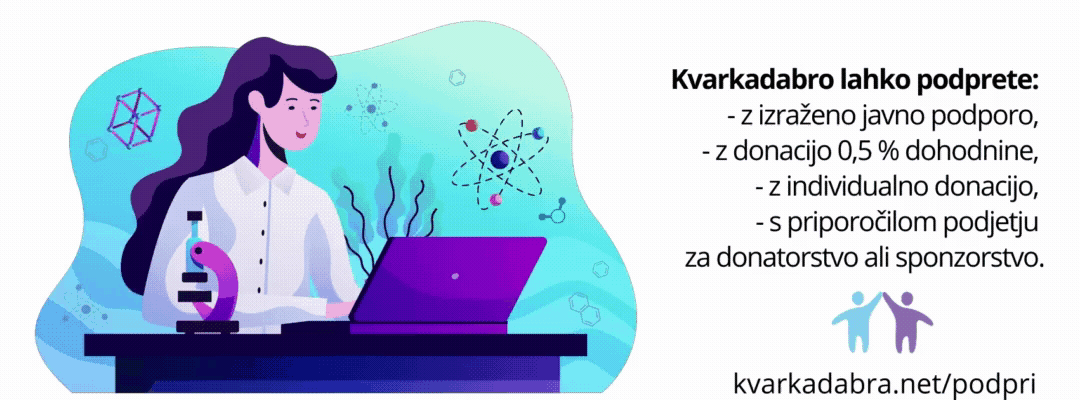Rezultati eksternih testov in šolske ocene že dolgo niso več najpomembnejši kriterij, po katerem najboljša podjetja izbirajo svoje zaposlene. Tule je kratek povzetek ključnih lastnosti, ki jih Googlovi kadrovniki iščejo pri ljudeh, ki se potegujejo za službo v njihovem podjetju.
Na kratko rečeno so ključne lastnosti povezane z zmožnostjo kreativnega timskega dela. V procesu izbiranja novih sodelavcev tako preverjajo predvsem: (1) sposobnost neprestanega učenja, ki vključuje učenje skozi napake in neuspehe, (2) sposobnost prevzemanja pobude in hkrati pripravljenost prepustiti vodstvo drugim, (3) skromnost v smislu sposobnosti hitrega priznavanja in sprejemanja boljših idej, ki jih ponudijo sodelavci. (4) Šele na koncu pride znanje, ki ga vsakdo prinese s seboj – to je seveda pomembno predvsem pri tehničnih profilih, kjer je obvladovanje matematike, programiranja in računalništva seveda nujno.
For every job, though, the No. 1 thing we look for is general cognitive ability, and it’s not I.Q. It’s learning ability. It’s the ability to process on the fly. It’s the ability to pull together disparate bits of information. We assess that using structured behavioral interviews that we validate to make sure they’re predictive. …
The second, he added, “is leadership — in particular emergent leadership as opposed to traditional leadership. … What we care about is, when faced with a problem and you’re a member of a team, do you, at the appropriate time, step in and lead. And just as critically, do you step back and stop leading, do you let someone else? Because what’s critical to be an effective leader in this environment is you have to be willing to relinquish power. …
What else? Humility and ownership. “It’s feeling the sense of responsibility, the sense of ownership, to step in,” he said, to try to solve any problem — and the humility to step back and embrace the better ideas of others. … “Successful bright people rarely experience failure, and so they don’t learn how to learn from that failure,” said Bock. …
What we’ve seen is that the people who are the most successful here, who we want to hire, will have a fierce position. They’ll argue like hell. They’ll be zealots about their point of view. But then you say, ‘here’s a new fact,’ and they’ll go, ‘Oh, well, that changes things; you’re right.’ ” You need a big ego and small ego in the same person at the same time.
The least important attribute they look for is “expertise.”
…
But Bock is saying something important to them, too: Beware. Your degree is not a proxy for your ability to do any job. The world only cares about — and pays off on — what you can do with what you know (and it doesn’t care how you learned it). And in an age when innovation is increasingly a group endeavor, it also cares about a lot of soft skills — leadership, humility, collaboration, adaptability and loving to learn and re-learn. This will be true no matter where you go to work.
(Vir: How to Get a Job at Google – NYTimes.com)







